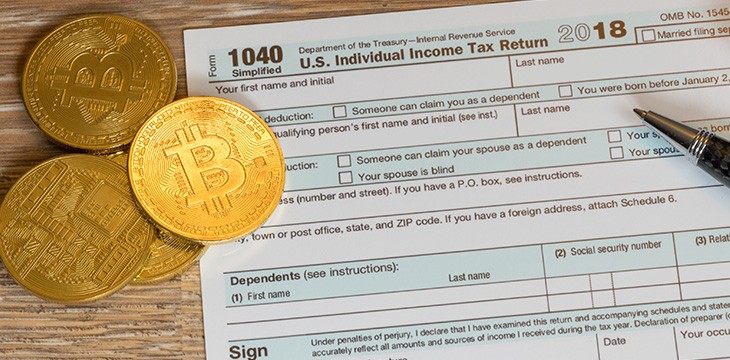
A year ago, two lawmakers in New Hampshire, Representatives Dennis Acton and Michael Yakubovich, set out to seek approval for a bill that would allow cryptocurrencies to be used for tax obligations. It wanted to require the state’s treasurer to develop a plan that would allow all state agencies to be able to receive, either directly or through a third-party, crypto to cover taxes and other fees, but has had difficulty garnering enough support. Now, the measure is officially dead.
House Bill 470 (HB 470) was shot down by the General Court’s Executive Departments and Administration Committee last November by a vote of 17-1. According to the bill’s updated status, available on LegiScan, it received its fatal shot a week ago when legislators held a voice vote on the subject, once again stopping it in its tracks. The latest entry for the legislation reads that it is “inexpedient to legislate,” a politician’s way of saying no.
HB 470 was the second attempt by state lawmakers to accept crypto as a form of payment for taxes. New Hampshire had seen a similar bill in 2015 that was able to find eight sponsors, but ultimately couldn’t gather the support needed to push it all the way through the legislative channels. This was primarily due to the volatility surrounding crypto prices.
The latest attempt sought to counter those concerns, explaining, “Assuming legislation is approved to amend this statute, the issues of valuation and currency risk are heightened by the volatility of cryptocurrency (bitcoin) fluctuations in value against the U.S. dollar,” adding, “Tax payments received by the state would need to be converted to U.S. dollars or alternatively, mitigate such risk by continually monitoring cryptocurrency levels held by the state to ensure there is as much demand for state payments to vendors and payees as the state has in its ‘inventory.’”
Different government entities across the U.S. have made a foray into crypto payments, but the results have been mixed. Most notably, Ohio legalized the use of digital currency for the payment of taxes almost a year and a half ago, but that plan was scrapped in October of last year. Joel Greenberg, the head of the Seminole County Tax Collector’s office in Florida, also authorized crypto payments for automobile registrations, property taxes and more in 2018.

 09-21-2024
09-21-2024


